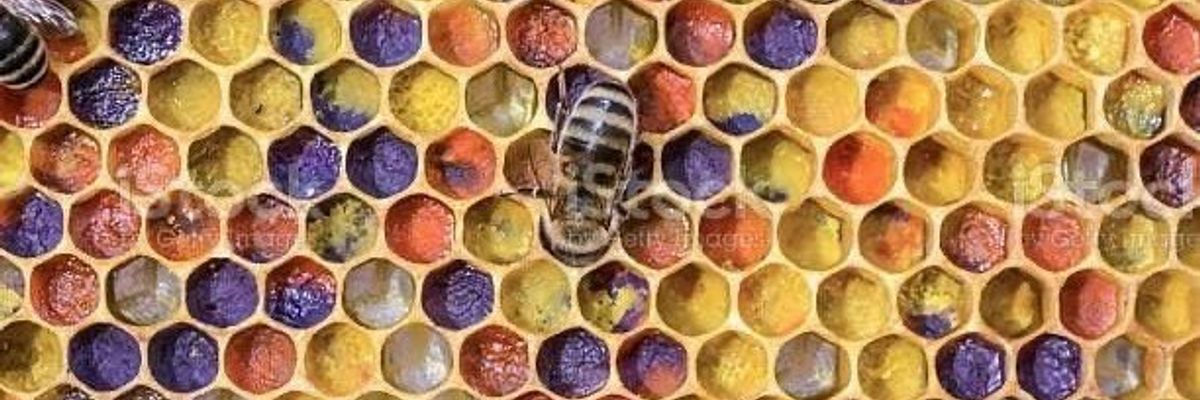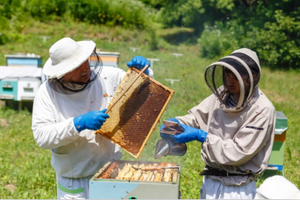Bees are so important that there is a special science of apiology (from the Latin apis "bee" and the Greek λόγος - Logos) that studies one single species, the honey bee Apis mellifera.
There are more than 21,000 species of bees in the world. They can be found all over the Earth, except for the places covered with permafrost. And all types of bees are studied by Melittology.
The list of the most prominent apiologists includes Petro Ivanovych Prokopovych (1775-1850), a famous Ukrainian beekeeper, about whom we have written many times.
People have long been breeding honey bees to produce wax, honey, propolis, and pergas. With the development of agriculture, the role of bees as natural pollinators has increased. Almost 100 types of crops grown today require insect pollination. And bees play an irreplaceable role in this matter! They help pollinate up to 85% of all plants with flowers. Humanity owes two-thirds of its agricultural harvests to bees.
The bee personifies wisdom and hard work. Many companies have adopted the bee as a symbol. And the honey factory naturally put a queen bee and a golden honeycomb grid, a symbol of honey production, on the labels of its drinks.









